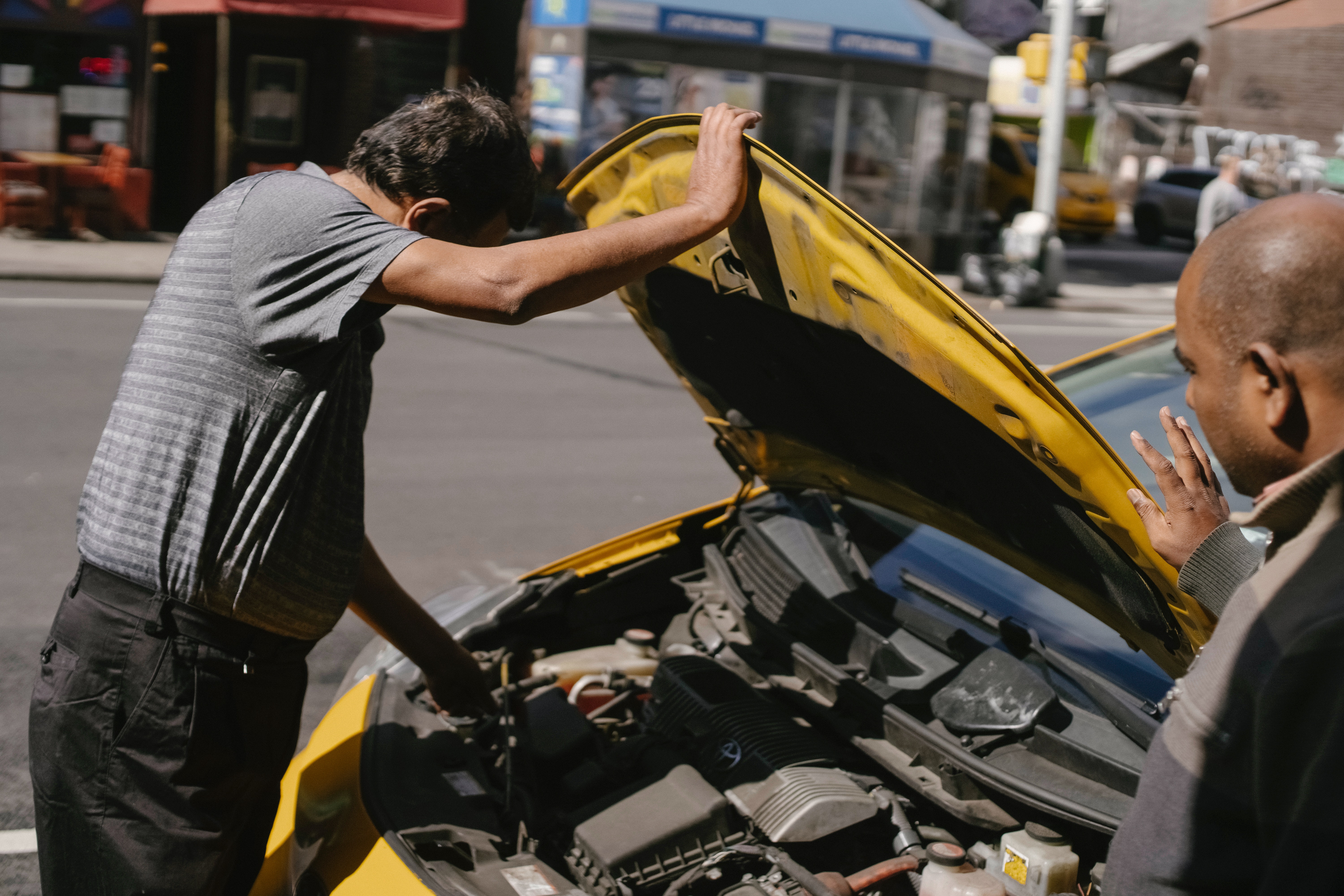
Have you ever stepped outside to discover that a tree branch has fallen on your car overnight? Have you ever experienced car theft or vandalism? These are unpleasant, disturbing, and frightful experiences. As you work to fix or replace your car so you can go back on the road, you'll probably encounter a few annoyances. On the other hand, if your auto insurance policy includes comprehensive damage insurance, your coverage will probably pay for the damage. This is how it goes. Cars can sustain damage outside of collisions. They might happen at any time due to several risks: Your automobile might be struck by falling debris when it is parked or on the road. During strong gusts, tree branches might come loose or a piece of debris could damage your automobile. Both the vehicle's internal systems and outside dangers provide a fire risk. A fire might start from an unforeseen issue inside the engine. The automobile might even be struck by lightning at the incorrect location. Flash flooding may result in water damage. Vandalism may cause interior damage, shattered glass, dents, scrapes, worn tires, and stolen parts. If the authorities are unable to recover the automobile after a theft, the vehicle can be a total loss. In addition to making a huge mess, hitting an animal can also harm the car. If your auto insurance company provides comprehensive damage insurance, you can use it if the worst happens. You may use it to aid in funding automobile repairs. It does not necessarily include numerous policies. Therefore, as you join up, make sure to ask the insurance agent to add it to your policy. Call your insurance company if you discover that your car has been damaged. If you are eligible to submit a claim under comprehensive coverage, they can assess the damage and let you know. The amount they will pay you for the repairs will depend on how much the damage is worth. Your insurance will most likely pay out the cash worth of the vehicle less the deductible if the vehicle is a total loss. This represents the car's worth at the time of the damage, not its replacement value. Check to see whether your insurer offers replacement value coverage for wrecked autos if you want greater coverage.